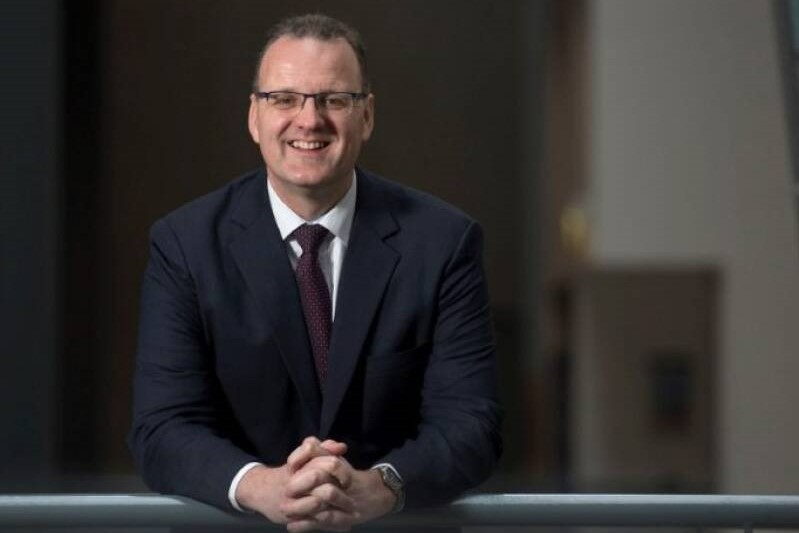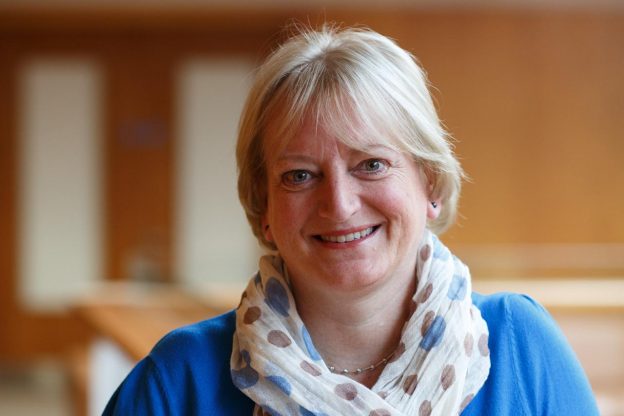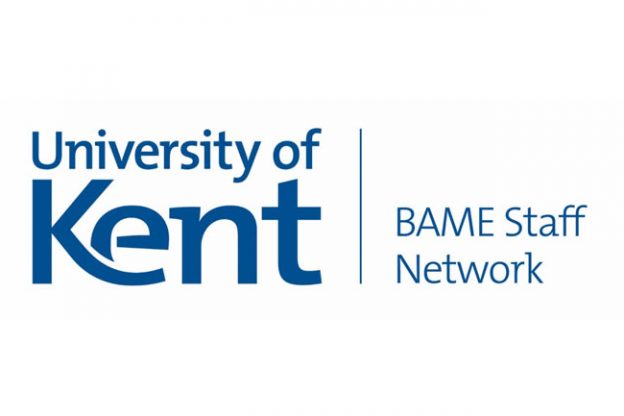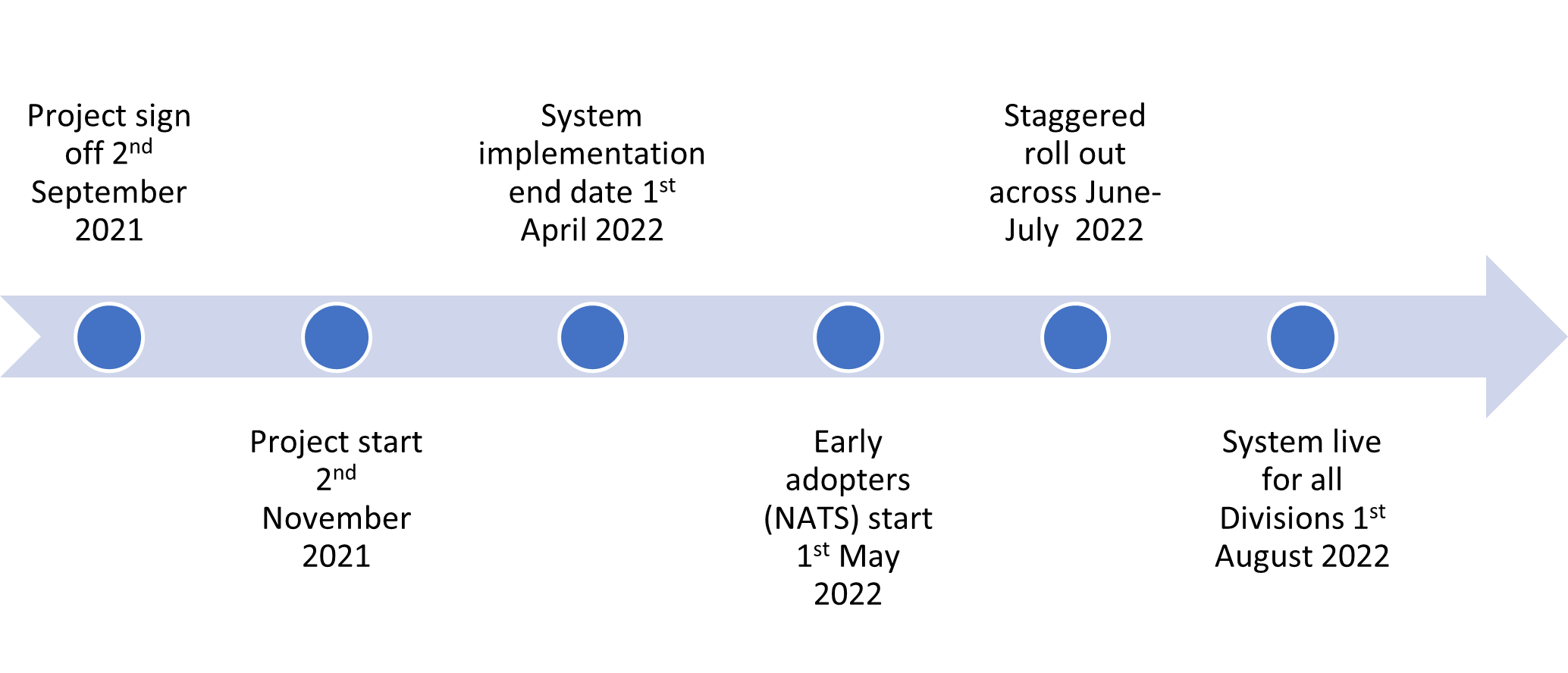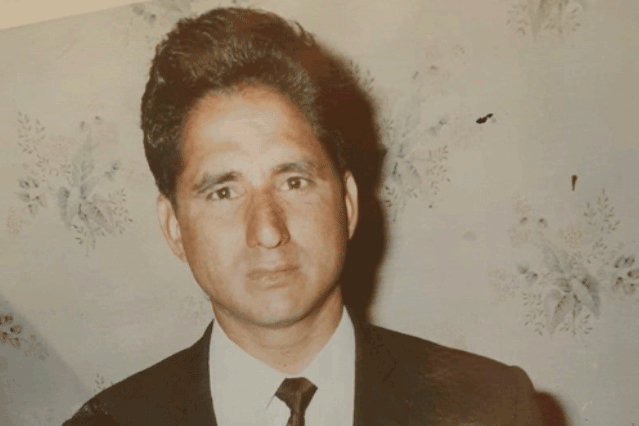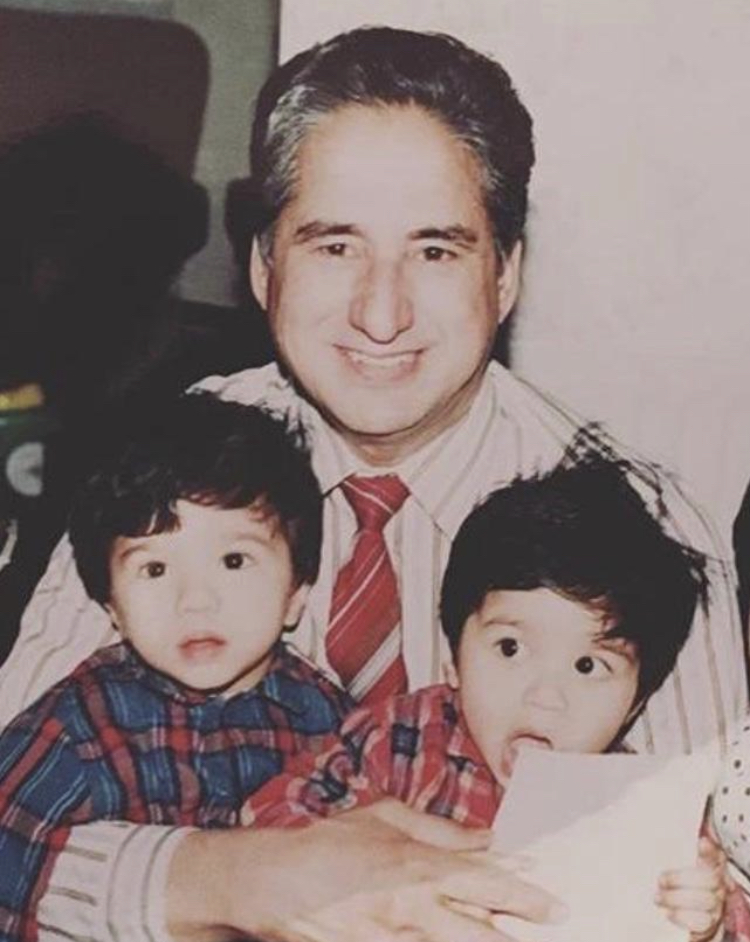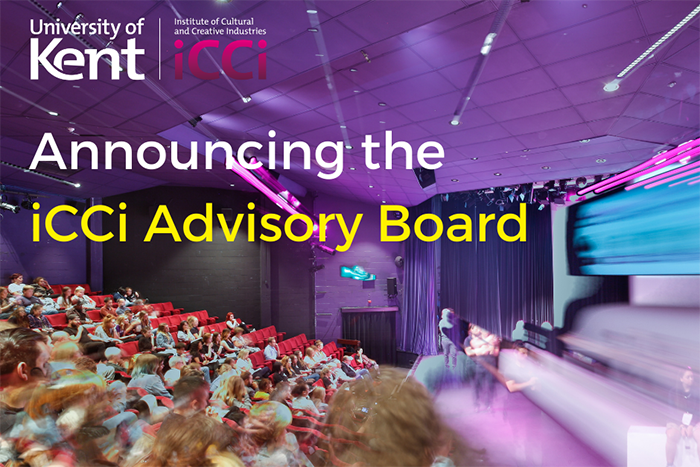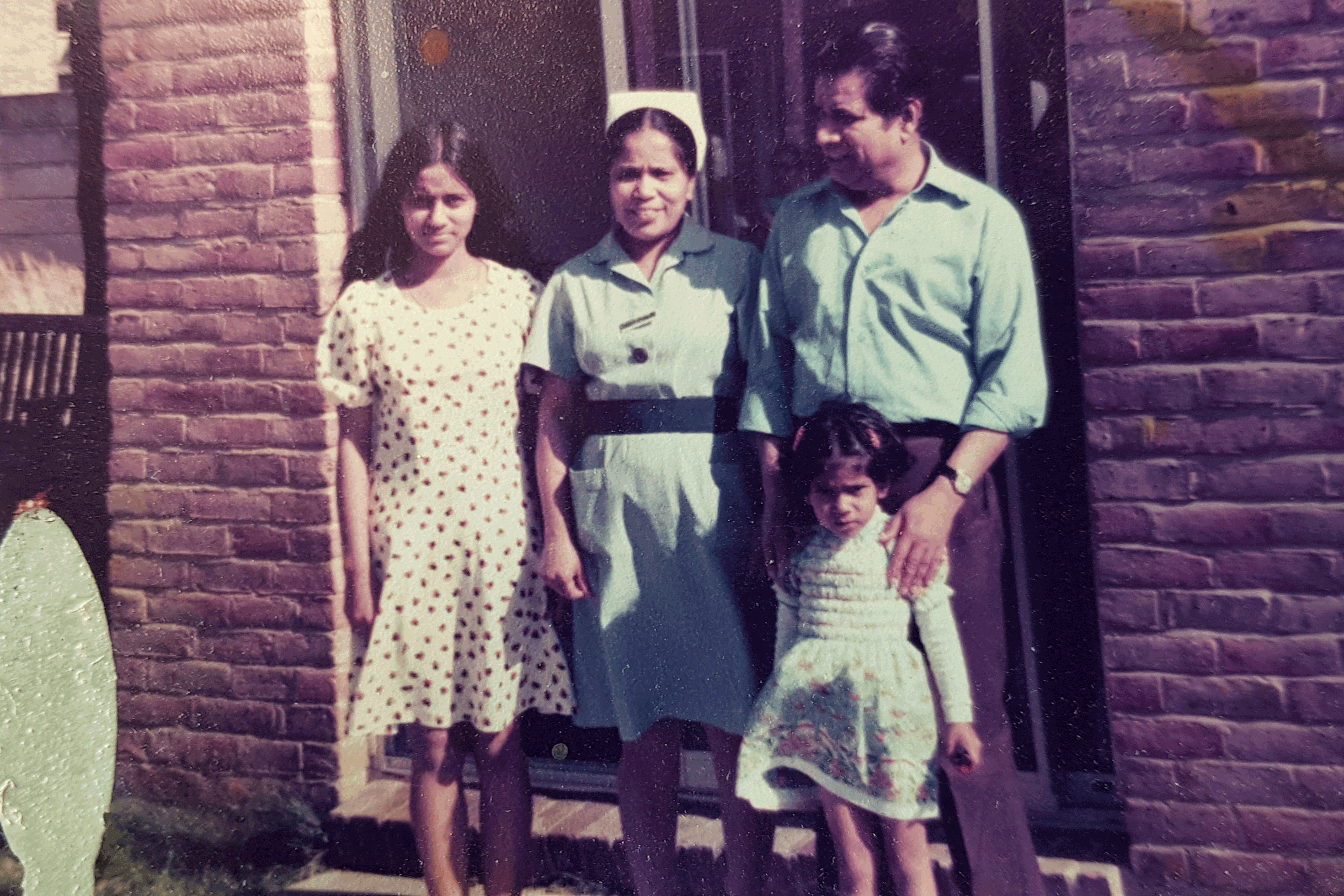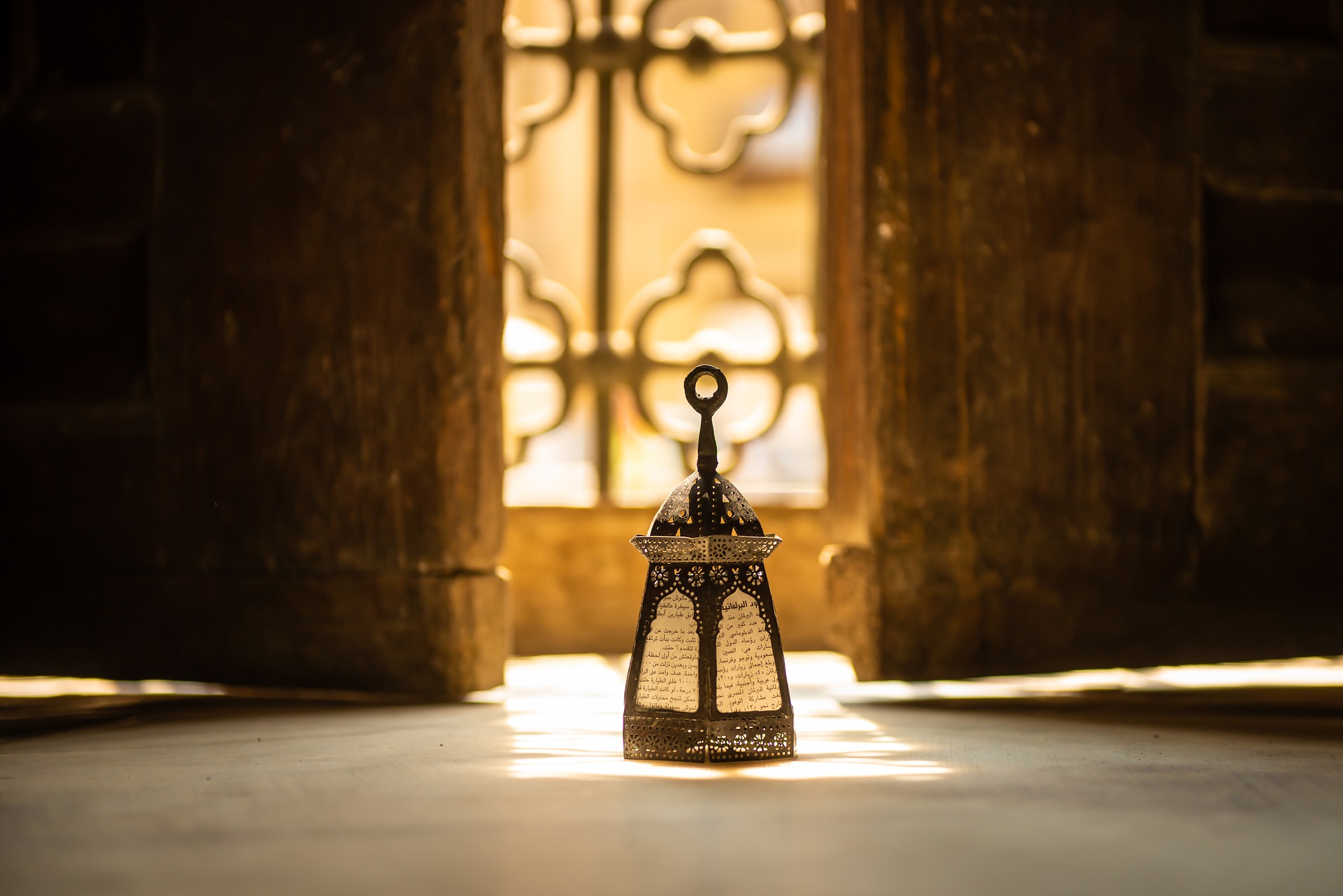This blog post forms part of a series exploring identity, culture and heritage as part of the University of Kent’s South Asian Heritage Week.
By Anne Alwis, Senior Lecturer in Classical and Archaeological Studies
When I was six weeks old and my sister was 11, our family emigrated from Sri Lanka to England. Ethnic conflict between the minority Tamil and the majority Sinhalese populations had been flaring for decades. In 1974, my mother, a Tamil Christian, and my father, a Sinhalese Buddhist, sat under a banyan tree and made the momentous decision to leave their country. Casting horoscopes and palm readings were part of their inherited culture and they recalled that a palm reader had told my father that he would have another child and emigrate. They had politely thanked him and afterwards, laughed, reflecting on the waste of money. My sister was ten, they had no plans for another child, and they were happy.
But now, a year later, the situation had changed. I had indeed unexpectedly arrived. Moreover, conflict was escalating and they were afraid. Although their love marriage had always been controversial given their divisive backgrounds, real danger now lurked. My father, who was a Station Master in the age of the steam train, was being escorted home every night by an armed guard for protection. So, they decided on England, where two of my mother’s sisters had lived since the 1960s. Sri Lanka had been occupied by the Portuguese, the Dutch, and the British but it was the latter who arguably made the most impact, probably because they were the most recent colonists and had settled the longest (from 1818-1948). My parents viewed England with complex feelings; respect and resentment intertwined in a comfortable alliance. My father could resent the ‘Britishers’, as he called them, yet I am partly named after Princess Anne.
I entered England as an infant smuggler. At Colombo airport, the guards ordered my mother to remove her gold bangles and give them to her brother who was saying goodbye. My resourceful uncle asked to give me one more hug. As he embraced me, he slipped the bangles into my blanket. With one last kiss, he passed me back to my mother and we all entered England safely. My father was 50 and my mother was 38.

Our first home was with aunt Grace, my mother’s youngest sister, who then lived in Frimley. Our two Surrey years were particularly fraught for my sister because she experienced her first, but unfortunately not her last, encounters with racism. Apart from my aunt, we were the only Asians in the neighbourhood. My sister then spoke English with an accent (she is trilingual in Sinhalese, Tamil, and English), and her name is Nalini, which was unpronounceable in those days. Strangers rubbing her skin to see if the brown would come off was the least of her traumas. Another issue were my father’s names: Kadigamuwa Giragamage. He became George. My mother had no problem because her Hindu ancestors were converted by missionaries a generation earlier. Consequently, she and her siblings have the most Methodist names possible: Florence, Wesley, Kingsley, Violet and Grace.
Nursing was the only career available to my parents at that time. After they had left school at 18, they had no relevant UK qualifications. My mother had been a housewife. Because the jobs were in London, and aunt Violet lived in Tooting Broadway, that was our next destination and the place I think of as home. If I had to describe myself, ‘South Londoner’ would be my instinctive first choice. From when I was two until I was four, we lived in a cramped room in aunt Violet’s house. The room was so small that my sister had to sleep on a camp bed in my aunt and uncle’s room whilst I nestled between my parents in their bed.
Living in one room was obviously not ideal and my parents saved hard. Eventually, they were able to rent nursing quarters for a reduced rate at St Benedicts, in Tooting, our first real home. Thanks to my parents’ frugal lifestyle, we bought our first house when I was about 6 and we moved to our final home when I was 8. Our last move was dictated by more racial bullying – stones were being thrown at my sister’s bedroom window.
It transpired that my mother was a born nurse but my father absolutely hated the job. He had loved being a Station Master. However, to support our family, he had no choice. He detested it all his life but, as a very decent and hardworking man, he never took his frustrations out on us, and looking back, I am amazed. All their lives they worked opposite shifts so that someone could be at home with me and my sister, which meant that since we ate as a family, most nights, we had supper around 9 pm. My father, who loved food, learned to cook and it became his main hobby: food shopping in Tooting at the local market and halal shops, cooking – always cooking – borrowing recipe books from Tooting Library, and spending endless hours copying and annotating recipes. Today, I have 16 A4 folders of his opus in my office.
My sister went to the local comprehensive and was effectively miserable for years until she could leave school. Racist bulling was part of her everyday experience but she never told our parents. She felt they would be unable to help and they were always working or looking after me. I, on the other hand, was part of the next generation, which was increasingly diverse. Whilst I had my share of racism – typically being called the ‘P’ word, for example – it happened far less often to me, probably because I grew up in a more mixed environment, with friends from India, Jamaica, Pakistan, the Caribbean, China and Cyprus – Christian, Sikh, Hindu, and Muslim alike – so diversity was my norm.
My parents were very anxious people, endlessly worrying that something ‘bad’ could, or would, happen to us: ‘be careful’ was the mantra of my childhood. But I don’t know if this was naturally part of their characters (both their mothers had died when they were young), a result of their moving, or both. In addition, politeness and obedience were qualities that were ingrained in them, and us, culturally. But most importantly for them, as immigrants, and indeed, as Sri Lankans, my parents’ focus lay on education, working hard, and achievement, which meant high marks. For them, as for many immigrants, these were the only ways by which security and success could be measured. Distraction from schoolwork was strictly frowned upon so my sister and I were not allowed to socialise with friends unless it was our birthday. It was also practically difficult to do so since we did not have a car. My parents wouldn’t let us travel by ourselves in case something bad happened, nor did they themselves have much free time to take us anywhere since they worked so hard to obtain financial security.
Our main social circle was our UK family. Particularly memorable were our boisterous get-togethers for birthdays and Christmases, with a very small group of family friends, all of whom were Sri Lankan Tamils. Every Sunday, my mother would also take us to the local church. Unknown to her, most nights my father would get me to pray to his statue of Lord Buddha.
So how does our story end? My parents emigrated, as millions do, to give their family a better chance in life, and they succeeded. They were genuinely very happily married for 49 years. My sister became a high-flying tax accountant in the City and married a Malaysian Hindu. They have two children. I got a PhD in Classics and am now a lecturer. I eventually married a lapsed Catholic from Argentina and we have one daughter. What my parents wanted for us – their versions of security and happiness – did happen; “touchwood”, as they would say.
This blog post forms part of a series exploring identity, culture and heritage as part of the University of Kent’s South Asian Heritage Week. This week runs from the 28 March -1 April 2022 and invites exploration of the identities, history and heritage of British South Asians.
For more events and activities please see Kent Union’s South Asian Heritage Week website.
